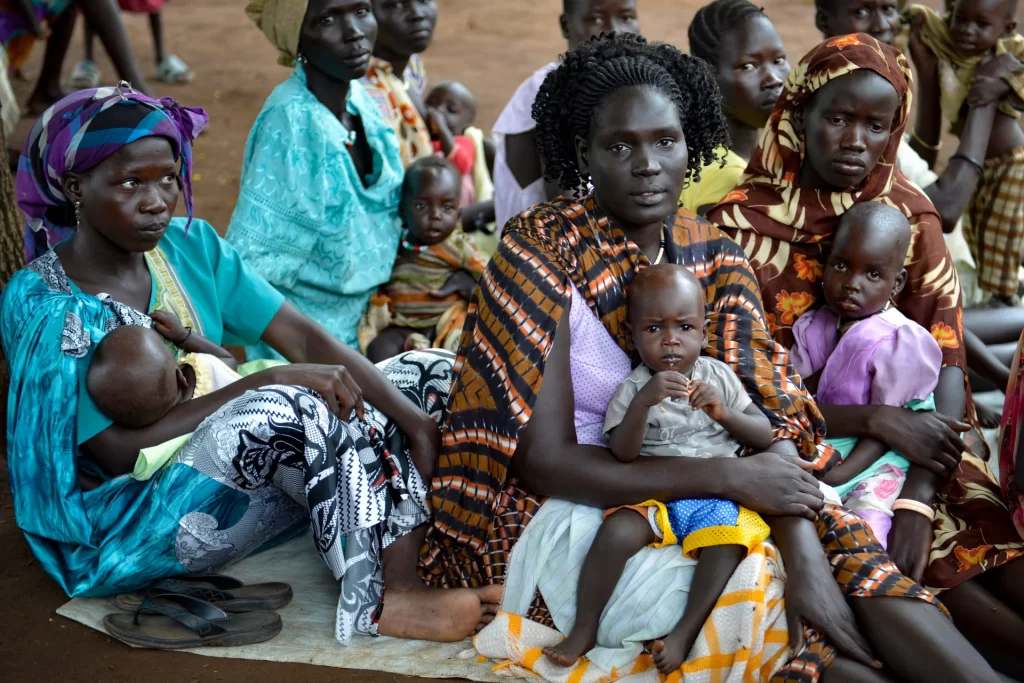Sudan in danger of becoming a failed state, aid chief warns
3 min read
Sudan, ravaged by war, is on the brink of becoming a failed state, warns Jan Egeland, the head of the Norwegian Refugee Council (NRC). The country is experiencing a devastating disintegration of civil society, fueled by escalating violence from not only the main warring factions – the Sudanese Army and the paramilitary Rapid Support Forces (RSF) – but also numerous smaller ethnic militias. These armed groups have added to the chaos, terrorizing civilians and looting, leaving the country in turmoil.
Egeland, who recently visited Sudan, described the situation as increasingly dire. “The parties are tearing down their own houses, they are massacring their own people,” he said, emphasizing the growing humanitarian disaster. For nearly 19 months, Sudan has been entrenched in a brutal civil war between the army and the RSF, leading to widespread displacement and suffering. The conflict has forced more than 10 million people to flee their homes, driving the country to the edge of a humanitarian catastrophe.
The scale of the crisis is staggering. Egeland pointed out that Sudan is currently facing the most severe humanitarian emergency he has witnessed, with famine and displacement being at the forefront. “This is indeed the biggest humanitarian emergency on our watch, the biggest hunger crisis, the biggest displacement crisis,” he stated after his visit.
In September, the World Health Organization (WHO) reported that starvation in Sudan is pervasive, with food insecurity affecting vast swathes of the population. Many aid efforts have been crippled due to lack of funding, forcing vital soup kitchens to close their doors. Egeland lamented that the current aid operations are insufficient, merely prolonging suffering rather than preventing death. “Most of Sudan is starving, it’s starving,” he said, underscoring how starvation has been used as a weapon of war, further exacerbating the crisis.
The situation is bleak, and food security experts predict that as many as 2.5 million people may die from hunger by the end of the year if the war continues unabated. The lack of humanitarian response, coupled with a growing humanitarian emergency, highlights how inadequate global assistance has been in addressing Sudan’s plight.
Egeland has also criticized the international community for failing to adequately respond to the crisis. “The world is failing Sudan completely,” he said, urging greater investment in aid, protection, and peace efforts to avert a larger catastrophe. He also pointed out that if Europe and the international community wish to prevent a wider refugee crisis, they must focus on stabilizing Sudan and addressing the root causes of its conflict.
Despite the growing number of casualties and the mounting humanitarian crisis, peace talks between the RSF and the Sudanese army have yielded little progress. Rights groups and international observers have expressed concerns about potential ethnic cleansing and even genocide, further complicating the prospects for peace.
“The war will stop when these warlords feel they have more to lose by continuing fighting than by doing the sensible thing,” Egeland remarked, suggesting that only when the military and paramilitary leaders realize the consequences of their actions will there be hope for peace. Until then, Sudan faces a bleak future, with widespread suffering, starvation, and violence.
In conclusion, Sudan’s humanitarian disaster is intensifying, and the international community is being urged to act before the country descends further into chaos. With millions at risk and famine spreading, urgent humanitarian aid, political intervention, and peace-building efforts are needed to prevent Sudan from becoming a failed state. The clock is ticking, and the world must act swiftly to avert further tragedy.







